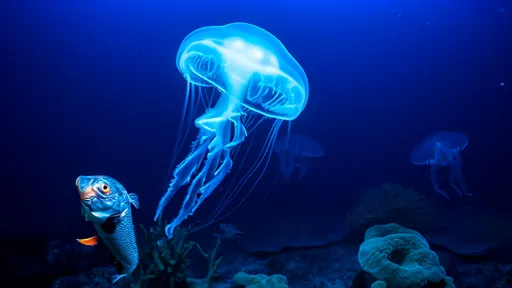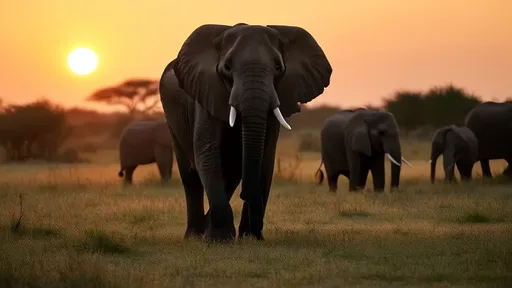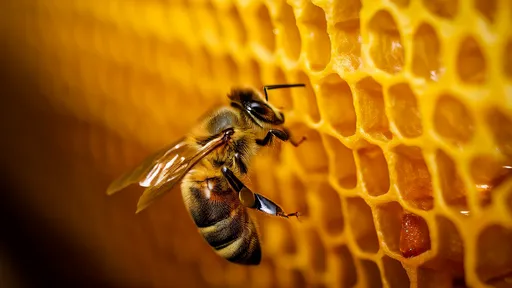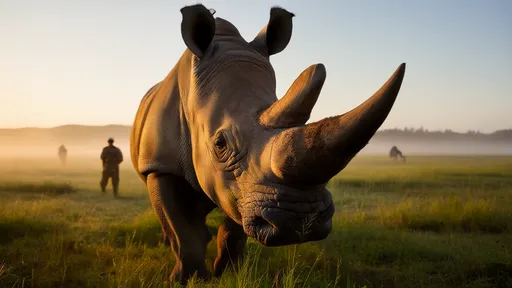The memory of elephants has long been a subject of fascination for scientists and animal lovers alike. These majestic creatures, known for their intelligence and emotional depth, possess cognitive abilities that rival some of the most intelligent species on the planet. Their memory is not just a tool for survival but a complex system that shapes their social interactions, migration patterns, and even their emotional lives. Understanding the depth of an elephant's memory offers a glimpse into the sophisticated workings of their minds.
Elephants are renowned for their ability to remember individuals, even after decades of separation. Researchers have documented cases where elephants recognized former herd members or humans they had encountered years earlier. This long-term recall is not merely about recognizing faces; it extends to voices, scents, and even specific events. Such memory retention is crucial in the wild, where remembering friends and foes can mean the difference between life and death. The matriarchs, often the oldest females in the herd, rely on their memories to guide their families to water sources during droughts, recalling locations they may have last visited decades ago.
The emotional weight of an elephant's memory is equally remarkable. There are accounts of elephants mourning their dead, revisiting the bones of deceased relatives, and displaying behaviors that suggest a deep sense of loss. This emotional memory underscores their capacity for empathy, a trait rarely observed in the animal kingdom. It also hints at a level of self-awareness, as they seem to reflect on past experiences and relationships. For elephants, memory is not just a mental archive but a tapestry of connections that define their existence.
Scientific studies have shown that elephants possess a hippocampus—the brain region associated with memory—that is highly developed and structurally complex. This biological advantage allows them to store and retrieve vast amounts of information with remarkable accuracy. In captivity, elephants have demonstrated the ability to remember complex commands, solve puzzles, and even mimic human speech sounds, further proving their cognitive prowess. Their memory is not infallible, however, as trauma and stress can impair their recall, much like in humans.
In the wild, memory plays a pivotal role in their survival strategies. During periods of scarcity, matriarchs lead their herds across vast distances to find food and water, relying on mental maps formed over a lifetime. These journeys, sometimes spanning hundreds of miles, are testament to their spatial memory and problem-solving skills. Younger elephants learn these routes by following the elders, ensuring that knowledge is passed down through generations. This cultural transmission of information is rare in the animal world and speaks volumes about their social intelligence.
The legend of elephants never forgetting may be an exaggeration, but it is rooted in truth. Their memory is selective, prioritizing information that is vital to their survival and social bonds. While they may not remember every detail, their ability to retain what matters most is nothing short of extraordinary. As humans continue to encroach on their habitats, understanding and preserving the cognitive abilities of elephants becomes ever more critical. Their memories, after all, are not just their own—they are the legacy of their species.

By /Aug 4, 2025

By /Aug 4, 2025

By /Aug 4, 2025

By /Aug 4, 2025

By /Aug 4, 2025

By /Aug 4, 2025

By /Aug 4, 2025

By /Aug 4, 2025

By /Aug 4, 2025

By /Aug 4, 2025

By /Aug 1, 2025

By /Aug 1, 2025

By /Aug 1, 2025

By /Aug 1, 2025

By /Aug 1, 2025

By /Aug 1, 2025

By /Aug 1, 2025

By /Aug 1, 2025

By /Aug 1, 2025

By /Aug 1, 2025